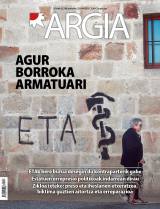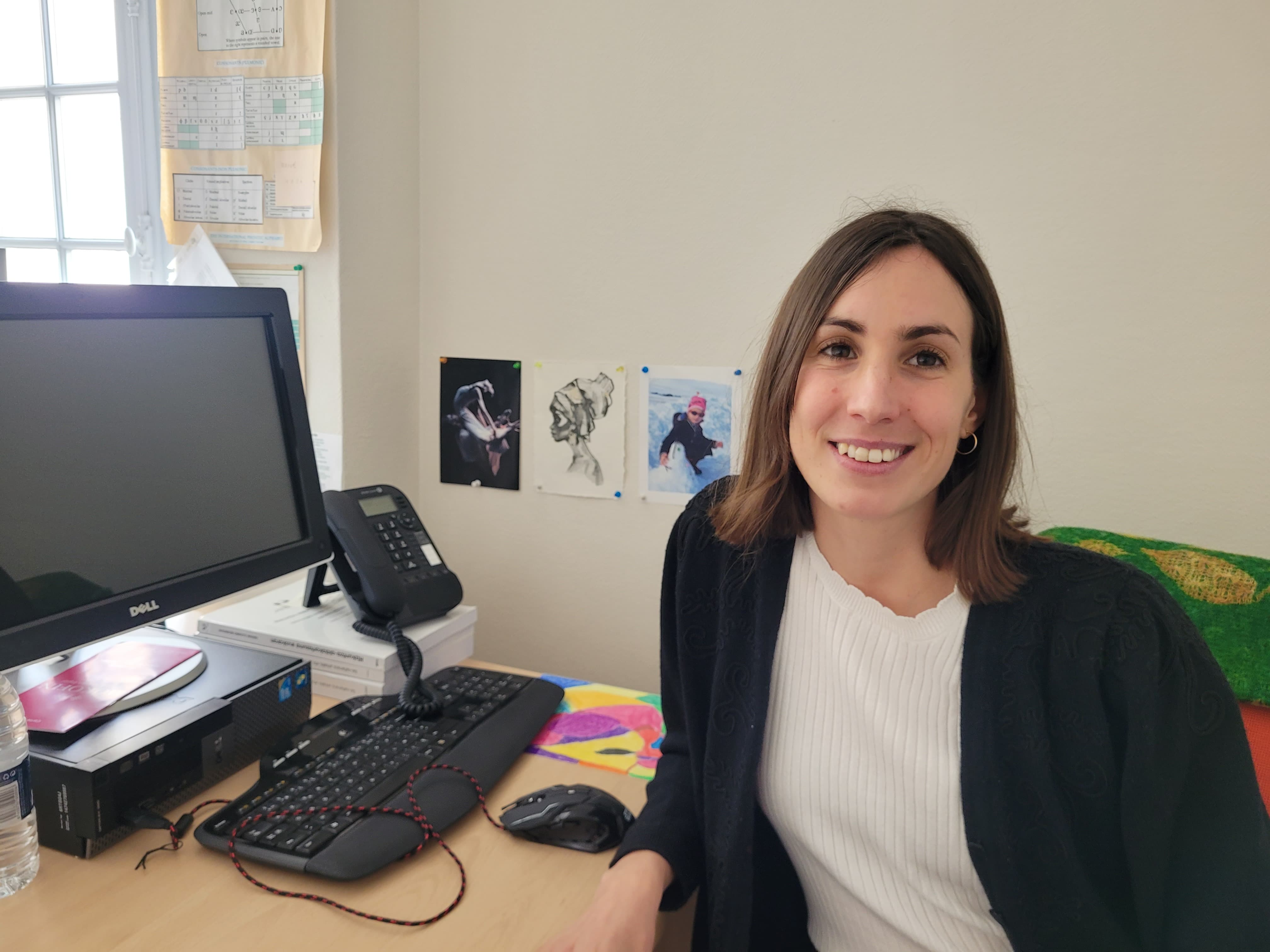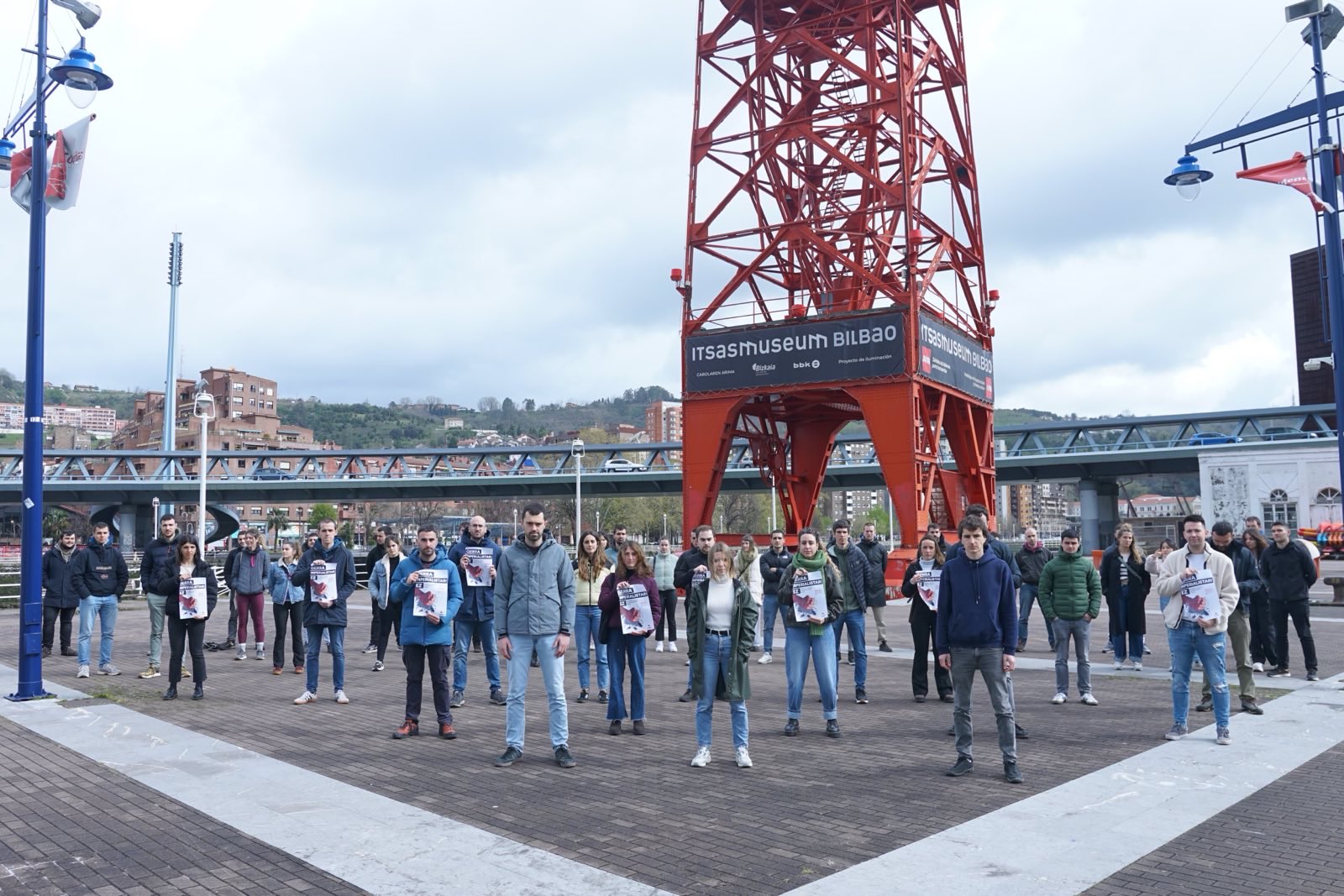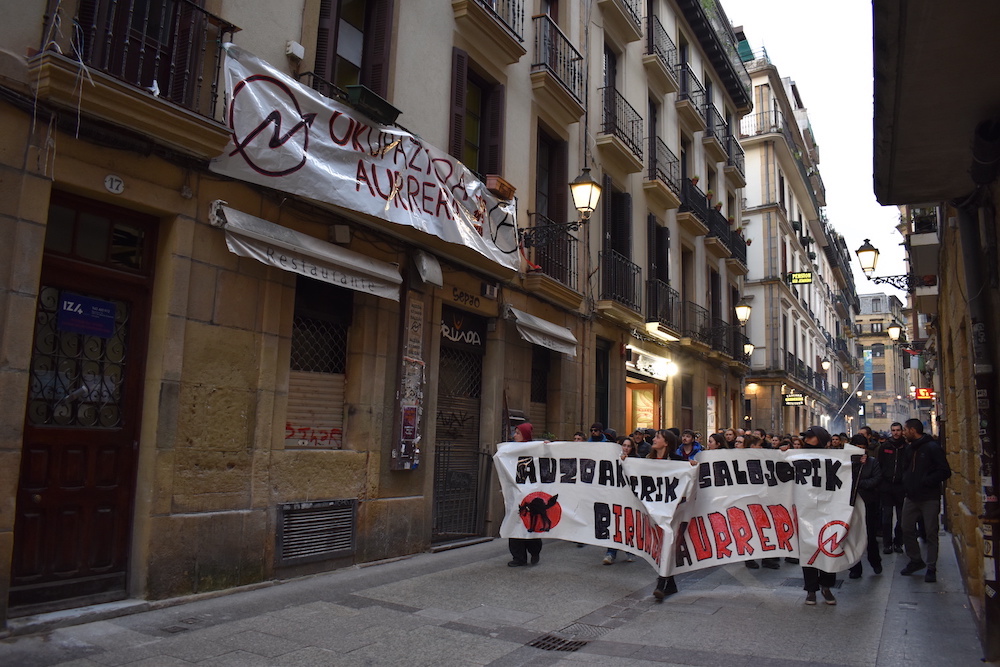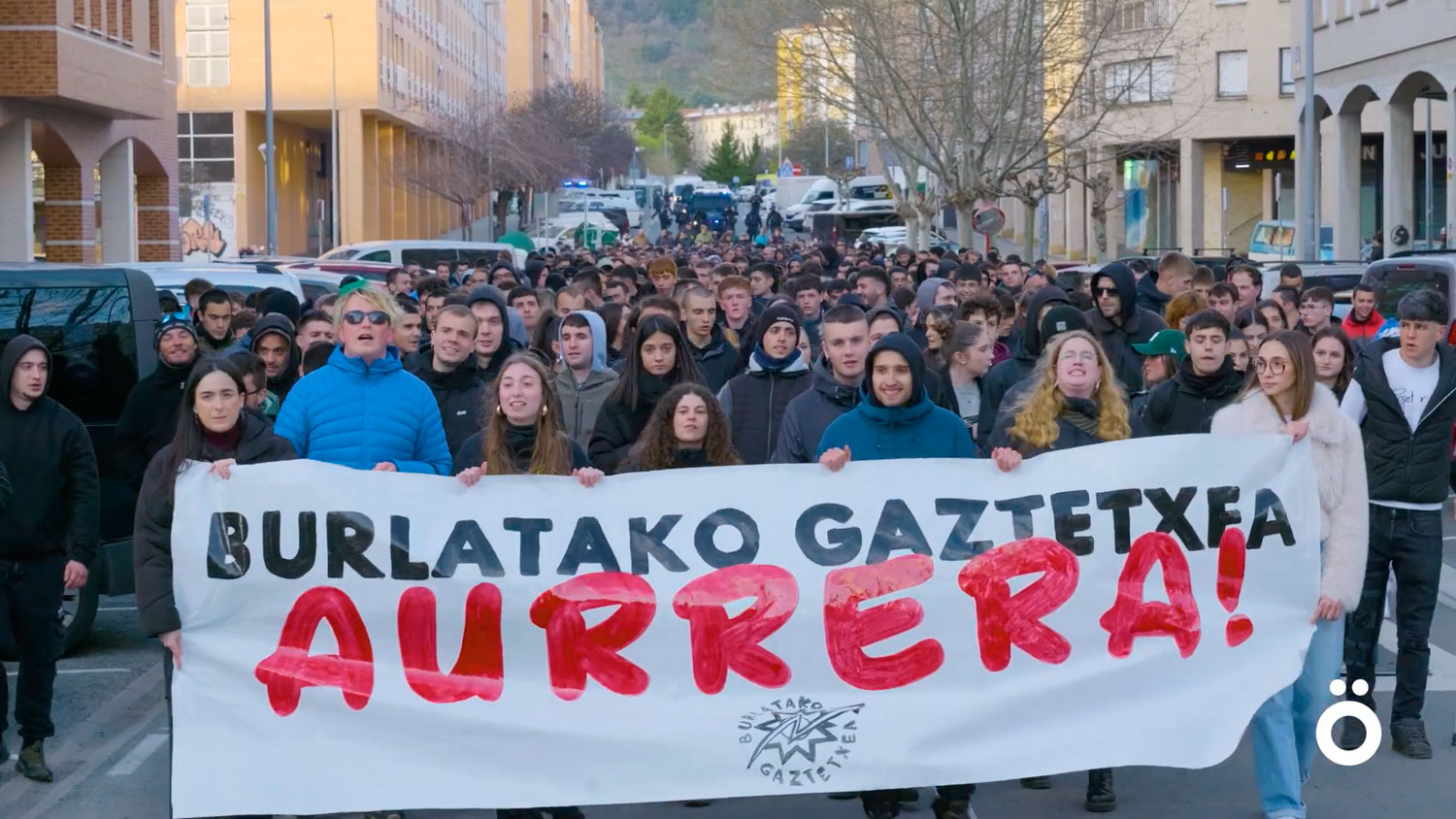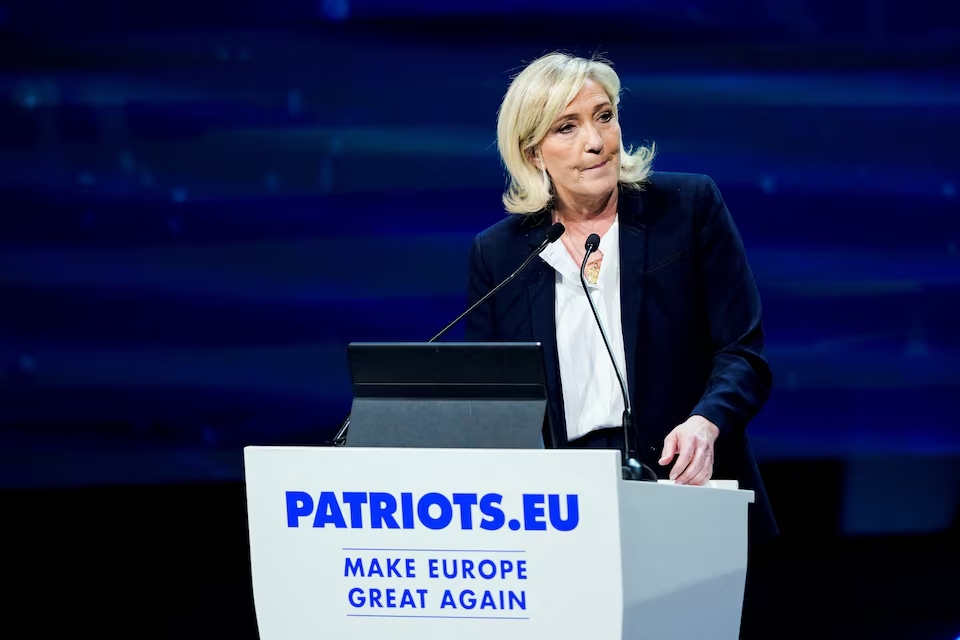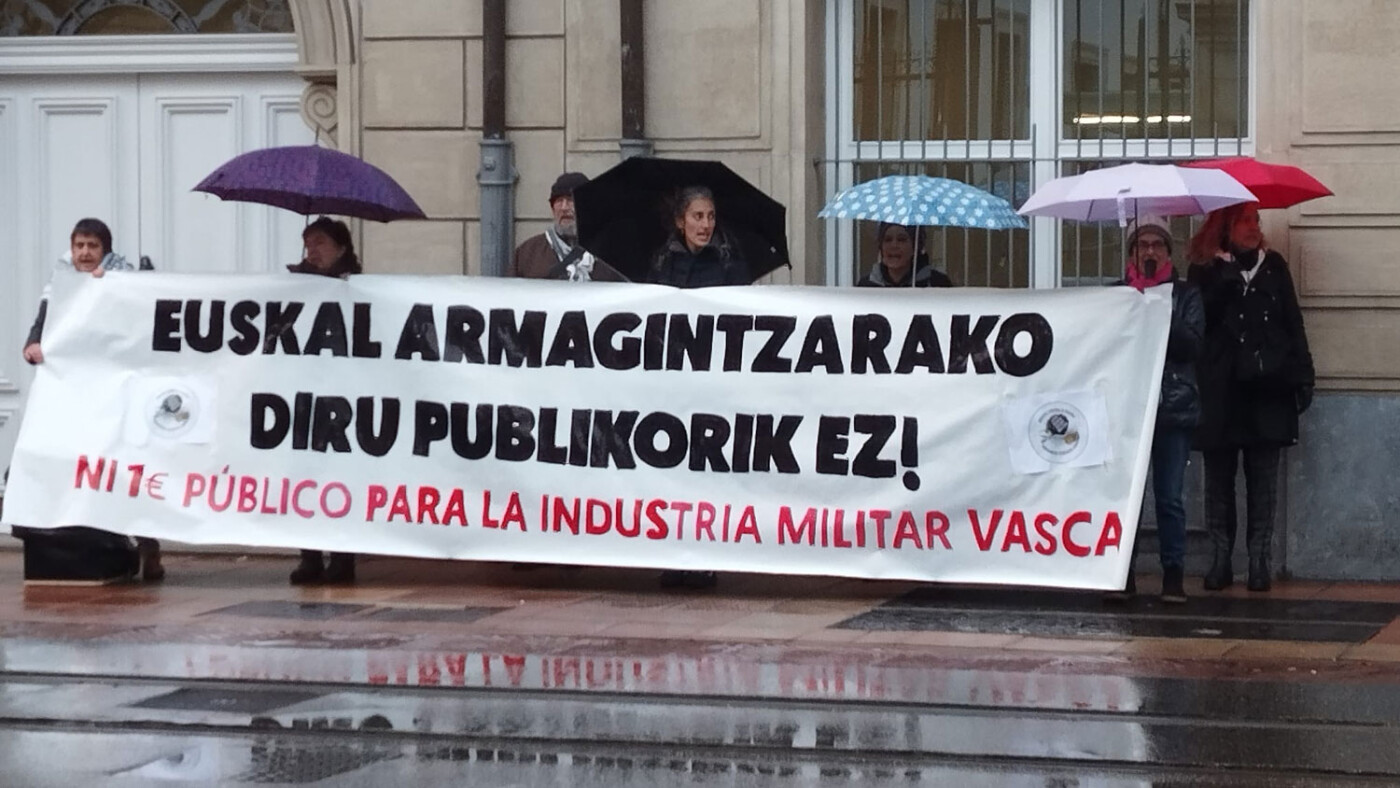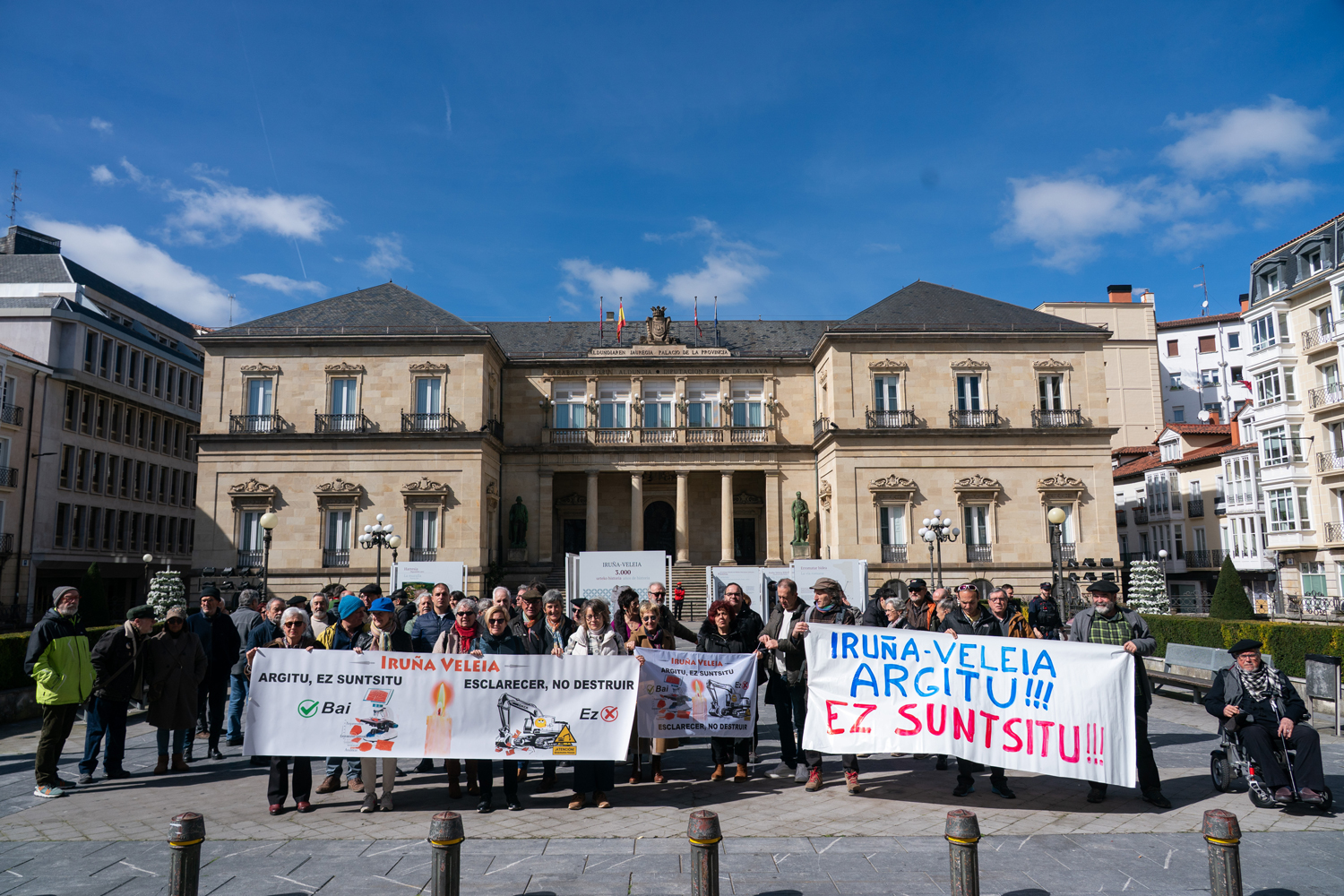Two ladies paralyse ten nuclear power stations to Zuma and Putin
- Makoma Lekalakala and Liz McDaid have been honored with the Goldman Environmental Prize for conducting a campaign of up to ten paralysed nuclear power stations. The South African Government intended to build it in cooperation with the Russian public atomic company. “Citizenship can ensure that the rulers do not leave the village in the hands of those who offer the best possible price,” the two activists who have been in social movements for many years explained.
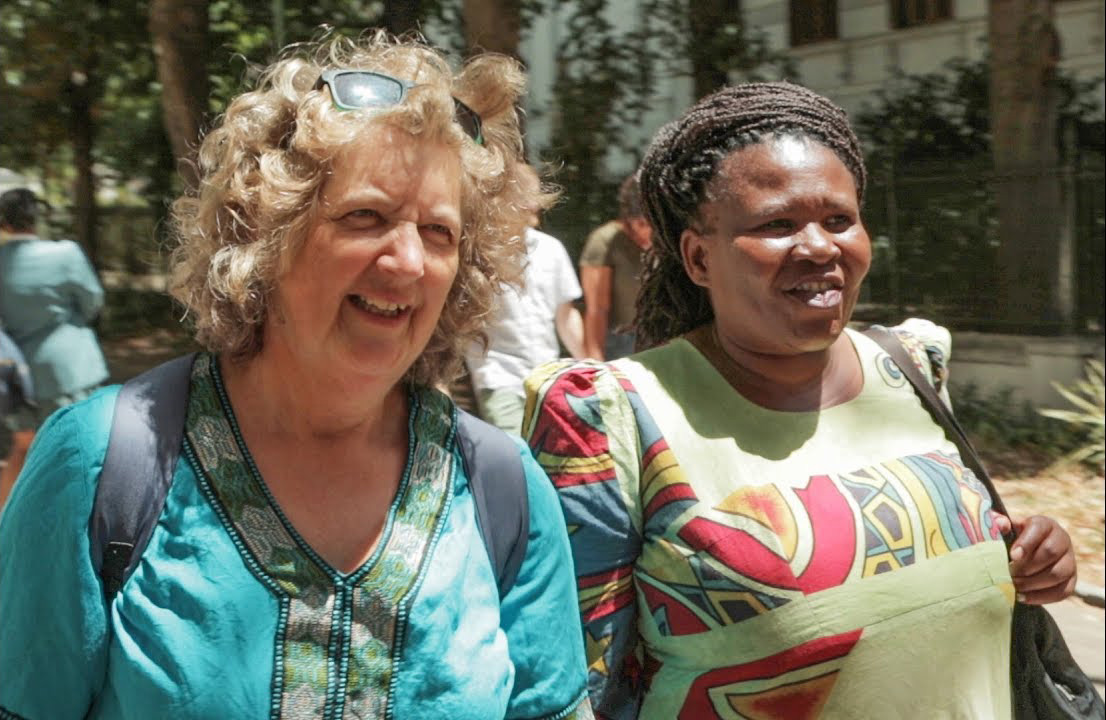
The Goldman Environment Price Award does not guarantee peace of mind to the winner of the claws of the puppets who are enriched by the destruction of the environment: Maima Acuña, defender of the Peruvian forests, was murdered in 2016, another year Berta Cáceres dared to face the promoters of a dam in Honduras, fighting those who in 2017 were bringing down the forest in Chihuahua, Mexico...The Goldman Prize is not life insurance, but an important recognition of the work done in favor of justice.
Two South African women have received one of the six awards given during the April 23 celebration in San Francisco (USA). United States ): The Goldman Foundation has paid tribute to Makoma Lekalakala and Liz McDaid for the halting of their plans to replenish ten nuclear power stations.
In 2014, under the chairmanship of Jacob Zuma, the South African Government signed with Russia a secret pact for the construction of ten new nuclear plants – currently managed by the public company Eskom. The treatment of EUR 64,000 million was surprising, both as regards the signatories and the figures. Although the treatment seemed to be tightly closed, the powerful authorities crossed with two women.
“I work with women who don’t have electricity at home, who don’t have enough to pay for electricity. The response to their needs is not a series of nuclear power stations costing a trillion rand [South African currency] of citizens’ taxes.” Makoma Lekalakala, 52, director of the environmental association Earthlife Africa, speaks this way. Putin and Zuma were familiar with the agreement through Russian environmental associations: “As this plan would lead our people to bankruptcy, it was up to us to deal with the excesses of authority.”
The Lekalakala association decided to take the issue to the streets. Many South African militants are trained to bring fundamental rights to the streets, for something they have been served by the harsh struggle against apartheid. Earthlife, from Africa, launched a campaign of ongoing denunciation with protests at the doors of Parliament and African ministries. But they would need stronger allies to confront the top commanders.
Lekalakala, the black leader of Johannesburg, found his partner in the city of Lurmutur: Liz McDaid White Head of the Environmental Justice Program SAFCEI, also a woman with a rich combat curriculum. Two women teaching teeth to the male establishment, two women with similar values and behaviors, which were perfectly understood from the beginning.
“As the South African Government meets in parliament every Wednesday, when the president and minister leave, we decided to meet there, to tell the authorities the truth. And we did so since the signing of the 2014 deal.”
For more than two years, raised very early on Wednesday morning, they welcomed ministers, showing antinuclear flags as their lustrous black cars approached. McDai had ever been touched by being alone in the rain. Other times they protested several dozen. Concentrations were also held in front of the public energy company Eskom, other protests, demonstrations and a collection of signatures were organized.
And all of a sudden a ray fell upon the government of Pretoria. Earthlife Africa obtained a copy of the contract paper between South Africa and Russia. Soon the newspaper Mail & Guardian published its entirety and many citizens opened their eyes.
Putin is also a business expert
The Ministry of Foreign Affairs of Moscow had published on its website, on the list of international treaties, a role that the pre-Torian Government did not want to show. It was communicated to the Earthlife Africa Association in Johannesburg by Vladimir Slivyak of the Ecodefense movement.
In September 2014, Jacob Zuma visited Moscow on a health issue. A couple of weeks after interviewing Vladimir Putin there, the contract was signed by South African Energy Minister Tina Joemat-Pettersson, and public company general Rosatom, Sergey Kirienko.Muchos citizens were stunned by being read in Mail & Guardian five months later. South Africans were tied to Russia for long years
The contract established, de facto, that in all matters relating to South African nuclear power plants, the Russian company Rosatom would be entitled to veto for a minimum period of 20 years. On the other hand, any one-day accident could not require any compensation from Russia. Literally: “South Africa will be solely responsible for any damage caused abroad, as in the country, by nuclear power plants.”
Rosatom received special treatment on tax and finance issues. On the other hand, if South Africa wanted to export some technology developed in power plants, it would have to have Russia’s permission for everything. As the role was filtered, the South African authorities reaffirmed that the South African authorities, also with China and France, countries of Russian competence, had signed agreements secretly maintained by the Government.
Makoma Lekalakala and Liz McDaid, the people of their movements, tried for two years to shake the whole country with talks and mobilizations. They managed to stifle the coalition of many South African groups that move around different problems: women's groups, young people, anti-corruption, unions, believing groups, companies...
But -- a miracle that rarely happens -- the sun came out of the courts. In 2007, the South African Supreme Court declared void the contract promoted by Zuma and Putin on the grounds that it was against the Constitution and that such a great decision should be debated by Parliament.
Upon receiving the Goldman Foundation award, Makoma Lekalakala and Liz McDaid called on their government to abandon their nuclear dreams. They recognized that they fear that the authorities will reactivate the plans of nuclear power stations if South Africa achieves new sources of funding. They have no reason to worry. The nuclear military industry has no rest either in the East or in the West. Russia has recently launched its first mobile nuclear power plant to give strength to the city of Pevek on the shores of the Arctic. The only ones who have learned anything from Chernobyl and Fukushima are apparently militants.
Bai ikastetxeek antolaturiko eskolaz kanpoko jarduerek, bai aisialdiari loturiko ekintzek eta udalekuek desgaitasunen bat duten haurrak kanpoan uzten dituzte maiz, eta hain justu, jarduera horiek bereziki onuragarriak dira premia bereziak dituzten haurrentzat. Hala dio... [+]
Euskal hizkuntzalaritza esperimentaleko katedra berria estreinatu dute Baionako fakultatean.
"Gerra inperialistaren eta Europako estatuen berrarmatzearen aurka" mobilizatuko da Langileon Nazioarteko Egunean.
Aitzindariak elkartea Aitzina Biga ikuskizuna prestatzen ari da. Ehun parte-hartzailetik gora izango dira dantzan, musikan, antzerkian, kantuan eta bertsotan apirilaren 19an Maulen aurkeztuko den ikuskizunean. Uztaila bitarte, beste lau emanaldi izango dira: Miarritze, Arrasate,... [+]
Antidepresiboen kontsumoa aztertuta, Euskal Autonomia Erkidegoan COVID-19aren pandemiak sintoma depresiboen intzidentzia handitu zuela ondorioztatu du ikerketa batek. Halaber, azterlanak nabarmendu du herritarren osasun mentala arazo fisikoekin batera artatzearen garrantzia, bai... [+]
Frantziako legebiltzarrean Errepublikanoek eta Batasun Nazionalekoek egindako zuzenketen harira dator erabakia. Zuzenketak onartu dituzte, eta, beraz, Euskal Hirigune Elkargoak emisio gutxiko eremua ezartzeko gastu ekonomikorik ez egitea erabaki du.
Pasa den asteko "kaleratze ilegala" salatu dute hainbat herritarrek, ostiral arratsaldean.
Jauzi Ekosizialeko kideek antolatzen duten bigarren edizioa da. Euskal Herriko trantsizio ekosozialak "inoiz baino premia handiagoa" duela adierazi dute, "datozen aldaketa sakonen aurrean trantsizio justua nahi bada".
Manifestazio jendetsu batek herriko kaleak zeharkatu ditu, Poliziaren gehiegizko dispositibo batek zainduta, gazteek kudeatutako guneen defentsan eta Gaztetxeak erasoen aurrean defendatzeko. Manifestazioaren amaieran, publiko egin dute iragarpena.
Parisko Auzitegi Korrekzionalaren arabera, 2,9 milioi euro desbideratu zituen Frantziako RN Batasun Nazionalak 2004 eta 2016 artean. Le Penez gain, alderdiko beste 24 kide ere errudun jo dituzte. Helegitea aurkeztuta ere, RNko buruzagia ezingo da aurkeztu 2027ko Frantziako... [+]
Hego Euskal Herriko lau hiriburuetan egin dituzte manifestazioak. Israelek Palestinan egin duen eta aurrera daraman genozidioarekin kolaboratzen duten enpresei laguntza publikoa emateri uzteko eskatu diete Nafarroako Gobernuari eta Eusko Jaurlaritzari.
Hezkuntza Sailak EITBri azaldu dioenez, ikastetxe bakoitzean izan beharreko baliabideak batzar teknikoetan negoziatu partez, mahai negoziatzailean landu beharko lituzkete. Bihar eta etzi greba egingo dute EAEko ikastetxe publikoetako irakasleek.
Joan den ekainaren amaieran bukatu genuen Conversión de la industria militar en Euskal Herria para no fabricar más guerras (Armagintza industriaren moldaketa Euskal Herrian, gerra gehiago ez sortzeko) liburuaren lehenengo zatiak Gerra badatorrela! du izenburu, bertan... [+]
Iruña-Veleia auzia “behin betiko” argitzea eskatu dute martxoaren 30ean, Gasteizen egindako manifestazioan. Iruña-Veleia argitu, ez suntsitu plataformak aztarnategian egindako “txikizioak” salatu ditu eta Arabako Foru Aldundiaren ardura... [+]
Etxebizitza eskuratzeko orduan pertsona arrazializatuek eta migratzaileek jasaten duten bazterketa sistematikoa salatu dute Gasteizen, agerraldi baten bidez. Apirilaren 5ean Donostiara bertaratzera deitu dute, etxebizitza-eskubide unibertsalaren alde.







